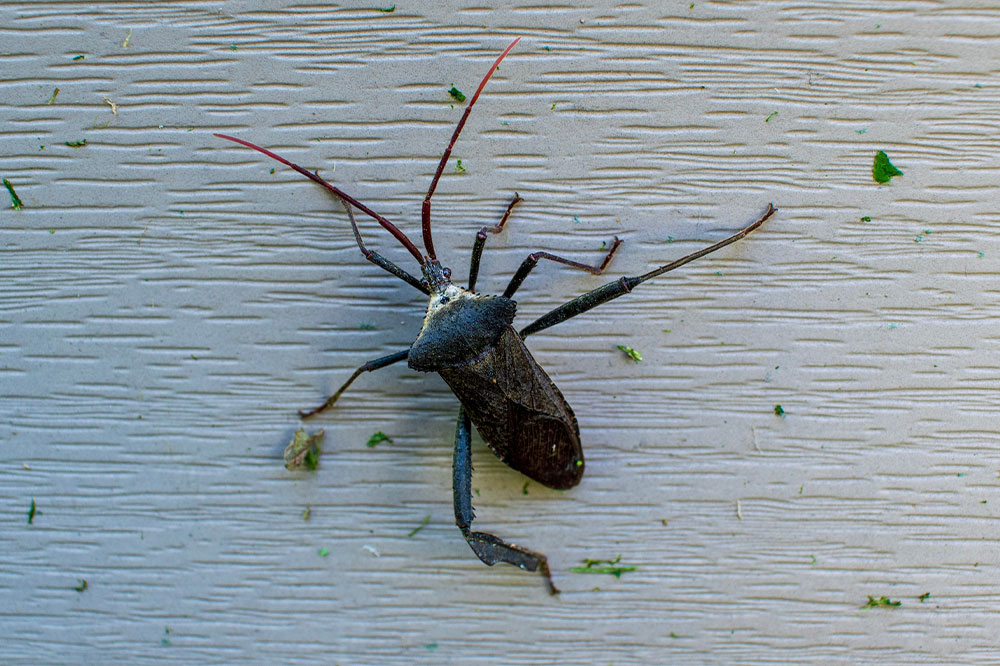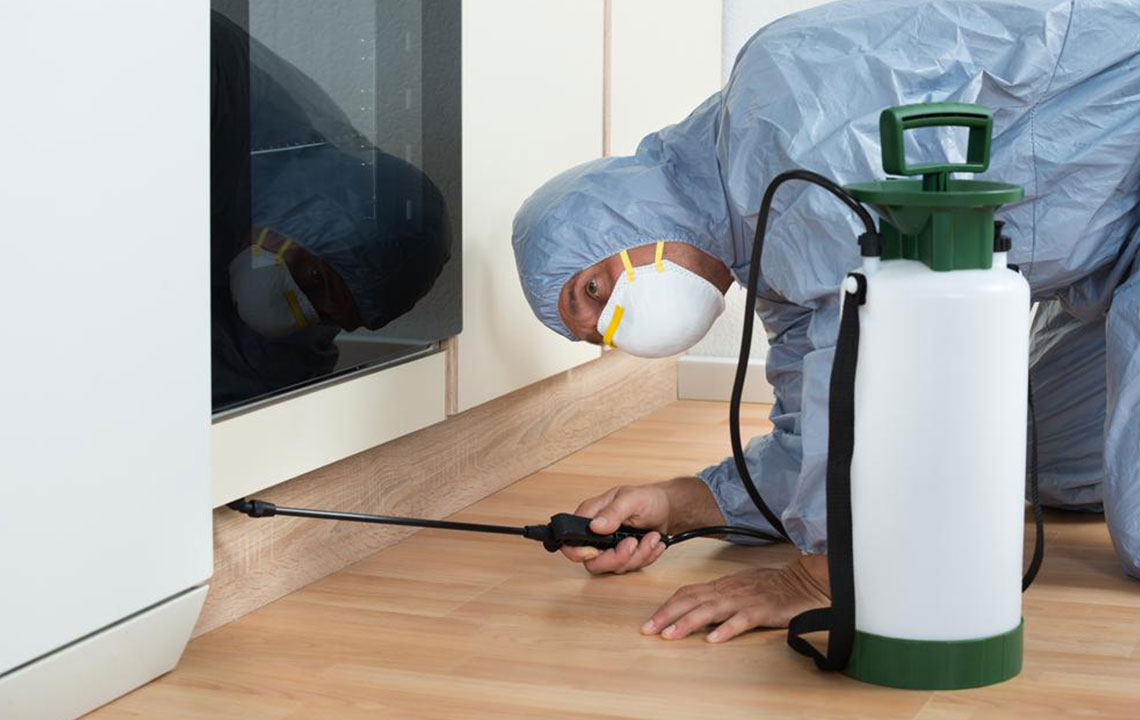Ways to Identify Different Types of Pests
Have you ever found strange insects crawling across the backyard and wondered what it is? Perhaps you have spotted a strange insect on the leaves of your favorite plant. Or perhaps you have noticed some peculiar behavior from your pets. Whatever the reason may be, you must identify the mysterious visitor before consulting a reliable field guide or online source. This can help you take effective measures to keep their breeding under check.

There are more than 10 ways to identify bug and its types.
Bugs
Reasons to identify bugs
Here are a few reasons why it’s essential to identify bugs:
To find treatments for pest management depending on the type of bug
To discover the best places to treat a specific bug
To schedule treatments
To correctly identify the pests causing the issue can save time, effort, and money
Guide to identifying bugs at home
Here are some distinct indicators that you might help identify bed bugs:
Itchy skin
If you experience a sudden extreme itching in the mornings, you may have a problem with a bed bug infestation. A rash of tiny, red patches could also appear all over your body.
Stains on bedding
You can find small bloodstains and rust-colored specks of bed insect excreta on your bedding. It might be difficult to see if your bedding is darker.
Cast skins
Bed bugs can be very difficult to detect. First, they don’t jump, so be on the lookout for those pesky little hitchhikers. You can find them hiding in the seams of bedding, such as sheets, blankets, pillows, and mattresses. Don’t forget to check your bed.
A musty smell
If you detect an unpleasant and musty odor in your home or office, you may have a bed bug problem. Bed bugs generate this odor by excreting a waxy substance.
Termites
If you think you may have termites, look for these warning signs:
Discarded broken wings
As termites get older, the winged termites go on to start a new colony. They drop their wings when they are no longer needed, which resemble fish scales.
Frass
Termite droppings, also known as frass, are microscopic 1mm long pellets left in mounds resembling black markings or a dark powdered substance similar to salt and pepper.
Drywall damage
Damage to the drywall includes holes and drywall that is drooping and discolored.
Paint damage
If you see bubbling or peeling paint, there may be a termite infestation or water damage.
Damage to the floor
Buckling hardwood or laminate floorboards are another sign of termite floor damage.
Loose tiles
Termites can cause your floor to become damp, leading to shifting or cracking of titles.
Wood damage
Crumbling, damaged wood, and tangle-like patterns in furniture, floorboards, or walls are examples of wood damage.
Cockroaches
Do you think you might have a cockroach issue? The warning indicators are as follows:
Live sightings
Finding a live cockroach scampering across the floor is evidence of a cockroach infestation. However, because roaches are naturally nocturnal, your odds of seeing one during the day are limited.
Droppings
Cockroaches generate brown or black droppings. Work with a pest control professional to identify the source and find ways to prevent damage.
Shed skins
Cockroaches shed their skin five to eight times as they age. They typically molt close to where they take cover, which is why they’re often found in corners, under appliances, and other close spaces. When they do molt, you’ll typically find a brown or black powdery substance around the roach. If you find a cockroach carcass, it’s a good sign that the insect has just emerged from its old skin.
Fly infestation
Time must be used wisely since flies breed quickly. The following are a few indicators of a fly infestation:
Pinhead-sized black clusters of spots
Small, dark clusters of dots typically spotted near light sources may be groups of immature flies awaiting to mature.
Flies are frequently seen
Usually, you can find them near food, or trash cans.
Maggot spots
These are flies in their larval stage, indicating a prospective nesting location.
Spider infestation
Top indicators of a spider infestation include the following:
Webs
While some spiders may weave incredibly intricate webs, others appear to have made as little effort as possible to make a home for themselves in yours.
Egg sacs
Most spider species produce hundreds of eggs at once, each nestled inside a soft ball of silk. There is a possibility that you will find hundreds of baby spiders if you find these sacs in your home.
Numerous flying insects
Where there are flies, mosquitoes, or moths in high numbers, you will find spiders too. These flying creatures are a veritable feast for spiders.
Spider sightings
Seeing eight-legged creatures roaming across your living area is a telltale sign of an infestation.
Depending on where you live, the typical household pests might vary, but some more prevalent list of bugs are ants, bed bugs, cockroaches, and flies. A pest control specialist, also known as an exterminator, may offer you a plan to identify bugs, get rid of them from your property, and prevent further infestations.




